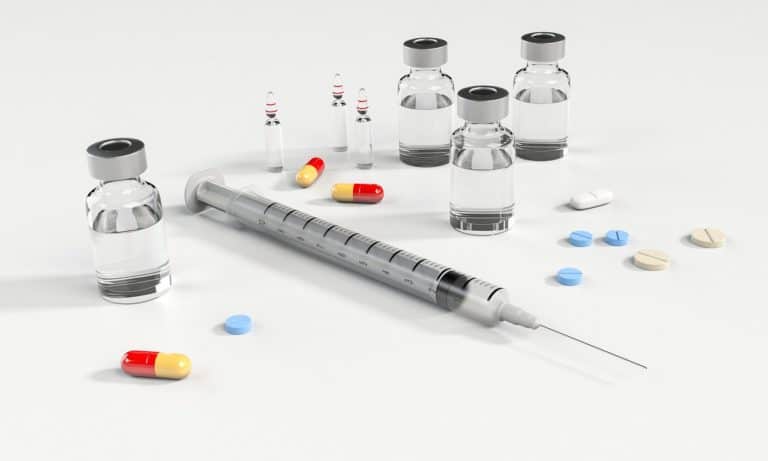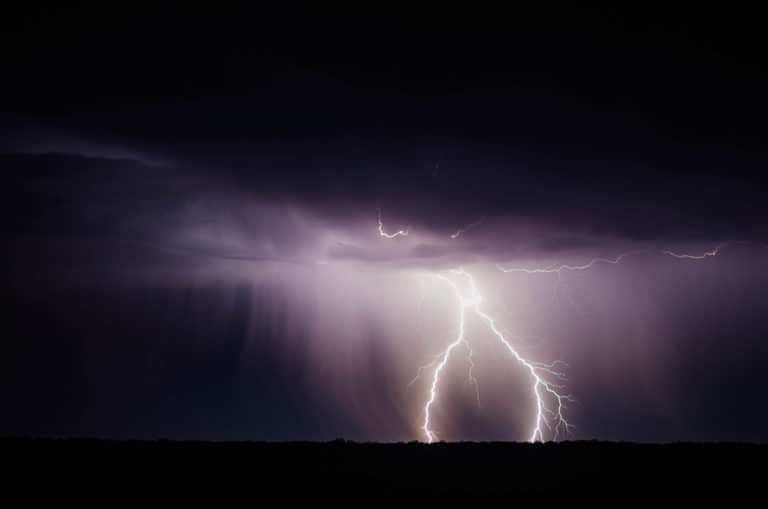Men with prostate cancer might be concerned about hormone therapy and erectile dysfunction. The use of hormone therapy (aka, androgen deprivation or ablation) for treatment of prostate cancer impacts testosterone levels as well as libido, resulting in erectile dysfunction. Hormone therapy is designed to dramatically reduce the levels of male hormones, primarily testosterone and dihydrotestosterone (DHT), and thereby starve the tumor. Although hormone therapy does not cure cancer, it can slow the growth of prostate cancers or even cause them to shrink.
Hormone Therapy and Erectile Function — How Are They Related?
Hormone therapy primarily includes the use of luteinizing hormone-releasing hormone agonists (LH-RH for short) or anti-androgens, and less often, estrogens. If you were to take LH-RH agonists, your testosterone production would essentially stop, and you would be unable to get an erection as long as you are taking the medication. Once you stop treatment, it can take three months to a year or even longer before you can achieve a spontaneous erection again.
Hormone therapy and erectile dysfunction is an expected combination because the therapy dramatically reduces a man’s testosterone production. Although the amount of testosterone needed for healthy erectile function has not been defined, levels between 240 ng/mL and 900 ng/mL are often used as a range. With use of hormone therapy, testosterone levels drop below 100 ng/mL, a level that is too low for erectile function and a healthy libido. Such low testosterone levels also have a negative impact on erectile tissue.
Another factor is that during treatment with hormone therapy, the muscle potentially is replaced by fat, and the flaccidity leads to deposits of collagen (a protein) in the penis, which in turn cause venous leakage (failure to adequately compress the draining veins from the erection chamber) and erectile dysfunction. Animal studies suggest that men who are on hormone therapy for longer than six to twelve months may experience irreversible damage to their erectile tissue. Once the tissue is damaged and venous leak results, most men don’t recover spontaneous erections nor respond well to ED medication. Thus hormone therapy and erectile dysfunction may be an irreversible combination for some men.
About 50% of men who take anti-estrogens alone retain their libido and erections, but they may experience erectile dysfunction with long-term use of the drugs. Only about 20% of men who take anti-androgens for a prolonged time keep their ability to get an erection.
What is the Most Dramatic Type of Hormone Therapy?
When surgeons remove the testicles (a procedure called orchiectomy), this eliminates the main source of male hormone production. This is a radical and irreversible move, which is why some men opt for “chemical castration,” which simply means taking drugs to stop male hormone production.







